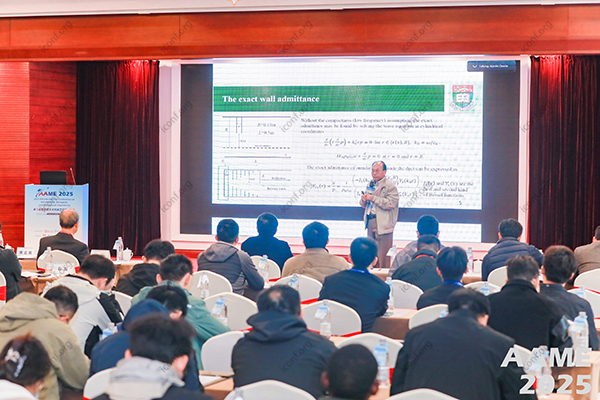Oceanography plays a pivotal role in understanding marine ecosystems, climate interactions, and sustainable resource management. Responding to a Call for Papers (CFP) not only amplifies your research impact but also fosters global collaboration. Use iconf.org to locate and submit to verified oceanography CFPs.

Global Visibility
Publish your findings on ocean currents, marine biodiversity, or climate–ocean interactions to an international audience of scientists and policymakers.
Interdisciplinary Collaboration
Engage with experts in marine biology, physical oceanography, environmental engineering, and coastal management to develop integrated solutions.
Professional Recognition
Peer-reviewed conference proceedings and special journal issues enhance your academic profile and support future funding and career prospects.
When crafting your submission, consider aligning your work with these active areas in oceanography:
Physical Oceanography & Circulation
Chemical Oceanography & Biogeochemical Cycles
Marine Ecosystem Dynamics & Biodiversity
Coastal Processes & Sea-Level Change
Ocean–Atmosphere Interactions & Climate Modeling
Ocean Engineering & Renewable Energy
iconf.org centralizes CFPs across scientific disciplines, including oceanography. On iconf.org you can:
Filter by Discipline
Select “Oceanography” to view targeted calls for papers in marine science and related fields.
Track Deadlines
Monitor submission dates, abstract deadlines, and notification timelines in one dashboard.
Access Direct Links
Follow direct submission portals for each conference or journal, ensuring you meet formatting and submission requirements.
Verify Credibility
Rely on listings vetted by academic partners to avoid predatory or low-impact venues.
Align with the CFP Scope
Review each call carefully to ensure your research topic matches the stated themes.
Craft a Clear Abstract
Summarize your objectives, methodology, results, and significance in 250–300 words.
Adhere to Formatting Guidelines
Use the specified template, citation style, and word limits to avoid automatic rejections.
Use High-Quality Figures
Include well-labeled maps, graphs, and diagrams to illustrate key findings.
Proofread Thoroughly
Seek colleague feedback and perform professional editing to ensure clarity and coherence.
Oceanography research drives critical insights into our planet’s future. Prepare your manuscript, visit iconf.org to locate relevant CFPs, and submit your work to advance marine science in 2025.